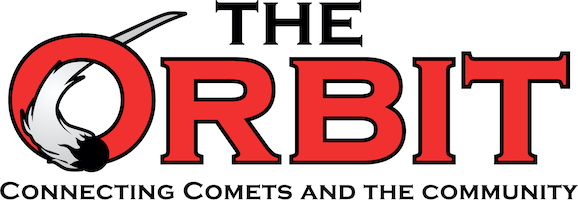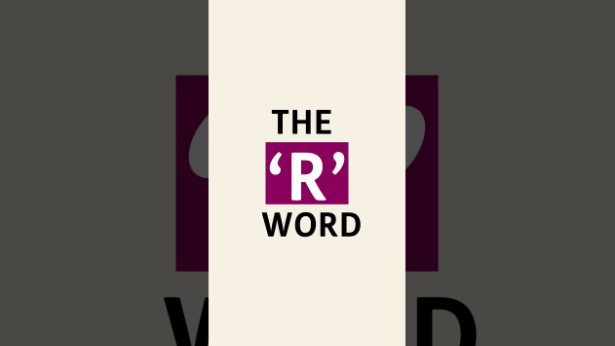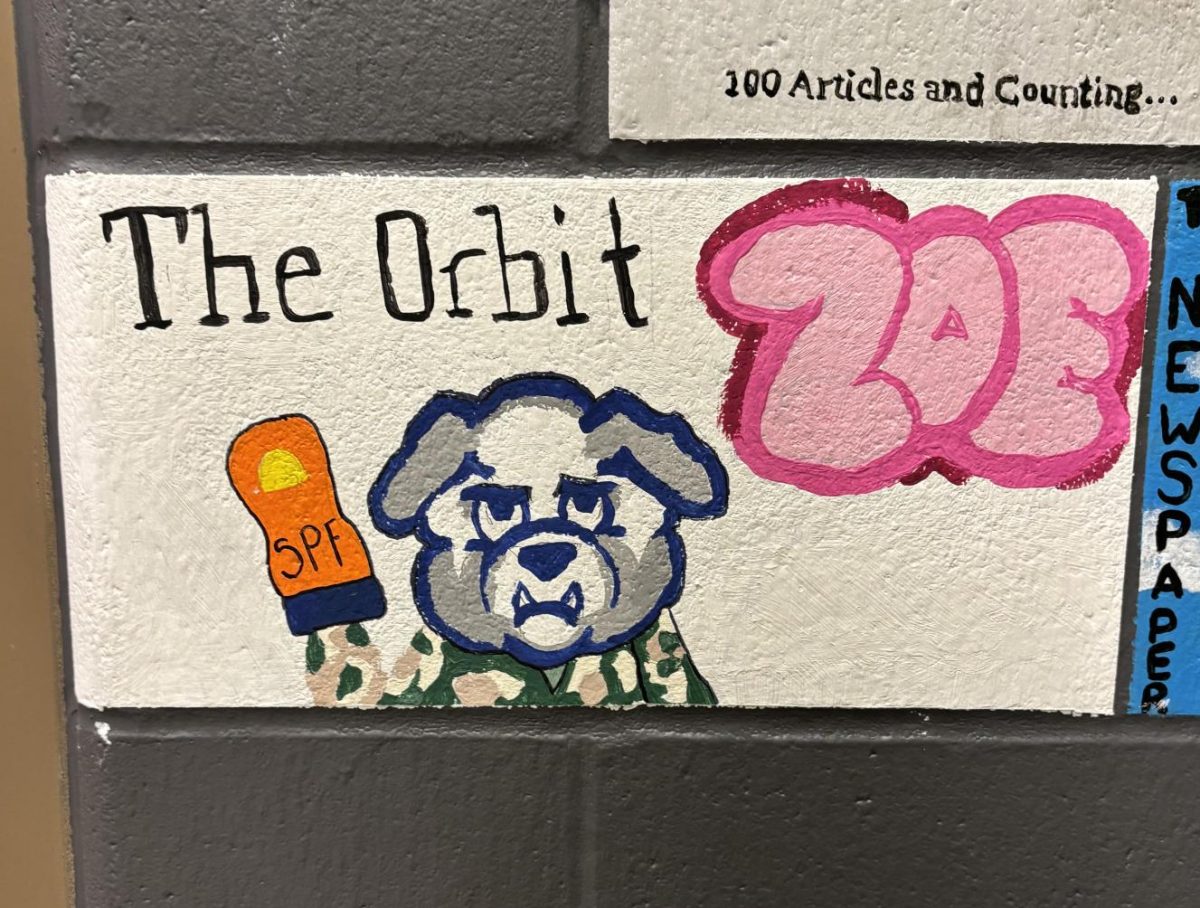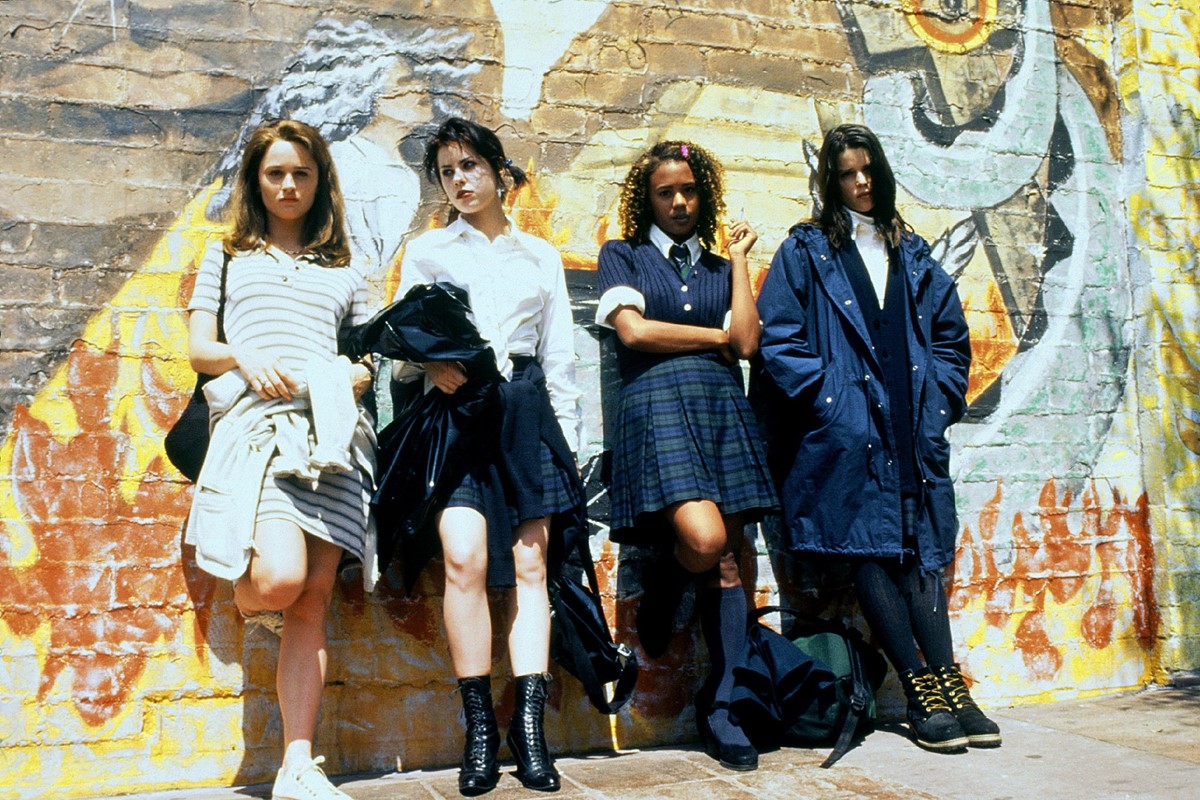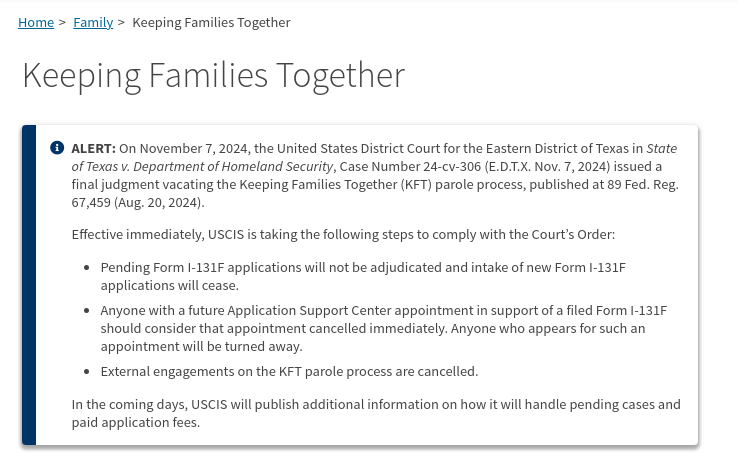Many could look at the title of this story and be confused on the terminology used. Some could wonder why there is a mere “r” in quotation marks rather than an actual word. Some may be in the mindset of not seeing the “r” word as a slur due to either generational differences and/or because “it’s nothing serious/ it’s a joke.”
The truth is that the “r” word is a slur, whether people may want to see it as one or not.
The origins of this word can be traced as far back as the 15th century stemming from a Latin root meaning to make slow. Later it was deemed as a medical diagnosis for children with intellectual disabilities but then was used out of its original context when referring to someone and/or an action as idiotic described in an article from Arc Morris. What first began as a medical term and diagnosis can now be seen as a hurtful word that perpetuates stereotypes for an entire community. In 2010 President of the United States at the time Barack Obama signed the Rosa Law that paved the way for the word to be replaced with “intellectual disability” in official documents in laws, education and the medical field.
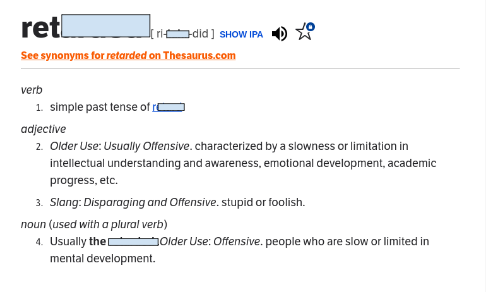
Kerry Lust, Psychology teacher at North Polk High School and board member of the Autism Society of Iowa since 2021 explained that though there has been a decrease in the usage of the word throughout her years of teaching, the word continues to be a problem.
“Language is funny and how it changes over time. It was first a diagnosis but then it was used as a slur and that started the movement to get it out of pop culture. [Organizations] have been pretty successful but then there’s new words that pop up so just when [one] work[s] on one thing another comes up,” explained Lust.
Just as Lust explained in regards to language, variations of slurs continue to emerge, especially with social media. An example of this is the usage of the word “acoustic” as a play on words on the word autistic. Another example of this is non-Black people using the term “ninja” and/or using the emoji as one when alluding to the “n” slur. Though users do not technically say these slurs, the allusion to them remains the same. In relation to the term “acoustic,” the Economic Times stated that the term is usually used “in response to actions deemed “ridiculously stupid or ignorant” by the commenter.”
On an Instagram post asking what trend had become cringe with its usage, user a_drew3204 commented “[u]sing acoustic or restarted. It started out as an inside joke in the neurodivergent community but then became a joke for something stupid.” The terms neurodivergent and neurotypical are opposites in terms of neurodiversity, how the brain works. The University of Washington described a neurodivergent person as someone on the autism spectrum while a neurotypical person is someone who is not.
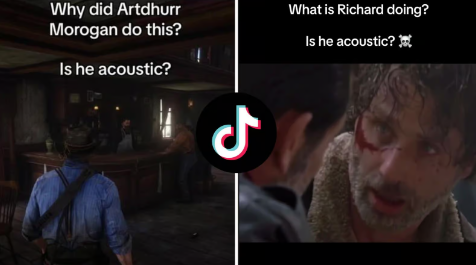
In regards to fighting the usage of the word, as well as creating a more inclusive environment for those with intellectual disabilities, organizations and campaigns such as Spread the Word use their platforms to spread this message. Other organizations such as the Special Olympics and Best Buddies cooperate with Spread the Word in a campaign named “Spread the Word to End the Word” to educate people about the negative effects the “r” word can have on those with intellectual disabilities.
The Special Olympics of California in this campaign released a page stating that the r word “[had] has become a dehumanizing slur used all too commonly in everyday language.” Regarding this take, Lust expressed that she agreed with it completely.
“It is not seeing that person as a person, it’s not seeing that as a person of value. If you look at other slurs or even cuss words, like the one that starts with a ‘b’ it’s not describing a person it’s describing an animal and it’s the same thing,” explained Lust.
Lust furthermore explained that the slur is sometimes not taken seriously due to the normalization of it for centuries. She added that a reason for this may be that with this slur the person to whom it’s targeting may not understand it.
“If you said [the word] to Brandon [Lust’s son] he wouldn’t understand that that was bad, and he wouldn’t know that that was targeted against him. When you have a vulnerable population they are just easier to target,” stated Lust.
Like the organization listed beforehand, in regards to addressing the word rather than completely ignoring it, Lust explained that educating people about the word is the better option.
“Explaining this is what it means, this is why we don’t use it, I think is better for everyone.”
As the mom of a child with autism Lust expressed that she believes the word should not be used at all, and stated that “there are only negative connotations coming from [the word].”
“There are no positives coming from that word and there are much better ways to describe that diagnosis…so I think it’s good that there’s this movement to get rid of it.”
Sign the pledge from Spread the Word to End the Word to create a more inclusive world:
https://www.spreadtheword.global/
Sources:
